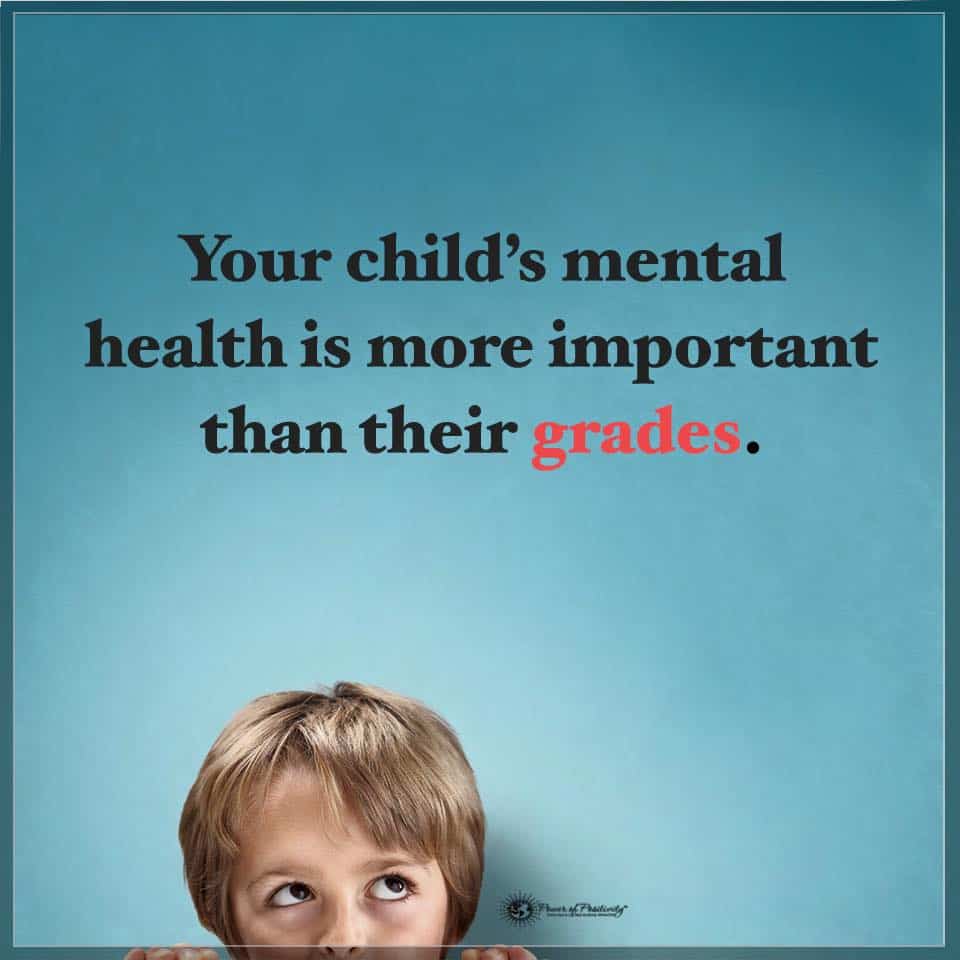Internet addiction is on the rise in our teenagers.
Being a teenager is a difficult time in a person’s life. All those raging hormones can interfere with the teen’s emotions, behaviors, school performance, and social life. Sometimes things can get so bad that they affect family life.
Teenagers tend to be one of the loneliest age groups. They might surround themselves with friends and family but still feel more alone than ever.
Over the past months, the pandemic intensified these emotions. They separate from many essential people in their lives – friends, teachers, mentors, family members. Most teenagers have been coping with this social gap by turning to the internet.
Unfortunately, according to a study done by researchers at the University of Helsinki in Finland, combining lonely teens with the internet can result in internet addiction. The details of the study are outlined below.
Details of the Study
The study was led by Katariina Salmela-Aro, a professor of Education at the University of Helsinki. The study results were published in the Society for Research Child Development journal in January of 2021. It followed 1,750 teenagers from Finland over three years, observing them at the 16-year, 17-year, and 18-year-old mark.The study showed two links. First, they found a link between increased loneliness and internet addiction. The second was a link between internet addiction and depression. Using a survey given to the teens at each of the one-year marks, they determined that the teens who felt the loneliest had a much higher internet usage rate over the years. They also found that these teens were more likely to be depressed than the teens who weren’t lonely or didn’t have an internet addiction.
The prevalence of internet addiction
The rate of internet addiction was highest among 16-year-old teens. The second highest addicted group was boys. This finding seems to point to the idea that teenage boys are much lonelier than adolescent girls.
While the study validates the theory that teens are lonely and becoming increasingly addicted to the internet, this isn’t a new idea. Many psychologists and researchers have speculated on this in the past. Professor Eugene Beresin, M.D., M.A., Executive Director of the MGH Clay Center for Young Healthy Minds, published a blog post in 2019 that discussed teen loneliness. He even mentioned certain health conditions that can occur due to this loneliness (discussed further below).
According to Professor Salmela-Aro, teens look for a sense of belonging on the internet. They’re often hooked on online gaming, social media networks (how many likes they have), or even chatting with strangers. That was before the pandemic. During the pandemic, their internet use increased, although this happened across all age groups. However, for teens, this only adds to problematic internet use (PIU). Even the teens who may not have had PUI before the pandemic are susceptible to the possible addiction.
The study showed that the pandemic wasn’t the only factor that led to PUI. Having distant parents also played a significant role in internet addiction. Teens who didn’t have a strong relationship with their parents attempt to supplement that relationship on the internet.
A silver lining?
The good news is that the addictive behavior may not be permanent. Professor Salmela-Aro said that internet usage seems to curb as some teens transition into adulthood, so there is a light at the end of the tunnel. She notes that it’s likely due to their brains developing more and their self-control growing stronger. Focusing on educational assignments (in college) helps to curb their internet usage.
Professor Salmela-Aro stated, “It’s comforting to know that problematic internet use is adaptive and often changes in late adolescence and during the transition to adulthood. Consequently, attention should be paid to the matter both in school and at home. Addressing loneliness too serves as a significant channel for preventing excessive internet use.”
This study points out a glaring problem among youth today – they are lonely, resulting in depression. Even with all the attention given to this problem, not enough is being done about it at an age where they could curb compulsive behaviors that result in depression. Suicide rates for teens ages 15 to 19 years old are higher than they’ve ever been in decades. It’s a serious issue, and our society needs to give it our full attention.
Loneliness and Depression Among Teens: A Serious Problem
It’s hard to imagine a teenager whose loved ones and friends surround are lonely, but loneliness is a feeling, not a physical state. Another way to put it is that they aren’t connecting to those around them – they may be just going through the motions. They may feel detached or alienated from those around them.
The best thing that could happen for any lonely teenager is for someone around them to recognize the signs of them being lonely. It’s preferable if this occurs before the teen gets addicted to the internet and falls into depression.
Signs of a lonely teenager include the following:
- Low self-esteem.
- Loss of confidence in themselves.
- They withdraw from friends and family.
- Acting out/bad behavior.
- Doing irresponsible activities to fit in.
- No ambition to try new things.
How to Help a Teen Out of Loneliness
It can be challenging to help a teen who is feeling lonely because they may reject your help. Many teens are unwilling to talk to an adult about what’s going on with them. However, it would be best if you kept trying to reach them. Don’t give up.
Don’t attack them directly. For example, don’t say something like, “I notice you’ve been acting weird lately. What’s wrong with you?”
This could lead to them getting defensive and shutting down even more. Instead, ask them how they’re doing. Ask them about specific things like school, friends, etc., and let them do the talking. If they don’t want to talk the first time, keep trying even if they tell you not to.
When they do open up to you, you’ll need to resist the urge to get bothered or upset by what they tell you. Your reaction is everything – it will determine whether they’ll let you know things in the future or not. Try to remain calm and open-minded. Don’t be judgmental because their self-esteem is probably already fragile.
How Else Can You Pull a Teenager Out of an Internet Addiction?
Besides talking, getting the teen out and about can help curb loneliness. It’s hard during the pandemic to get out and meet people, but it’s not impossible. Even small interactions such as those with a grocery store clerk can help the teen to feel a little less lonely.
Make sure you provide plenty of reassurance during these times. A teen can feel hopeless with no end in sight to this pandemic right now, so make sure you’re there for them. Keep encouraging them to put down the phone, games, and laptops/tablets and come out of their room to participate in family gatherings.
Most of all, don’t be pushy. Keep trying, but don’t be so aggressive with it. Let them know that they can come to you when they’re ready.
When Loneliness Has Already Turned into Depression
The teen in question may have already become addicted to the internet and depressed. Unfortunately, it’s not hard for teens to take that leap.
Just like Professor Salmela-Aro’s research points out, teens are depressed these days. They have so much pressure on them to fit in, all while dealing with raging hormones that they don’t know how to handle. Add other issues like family problems, school performance issues, and the rapid growth spurts they experience, which can continuously change their sense of self. You have a recipe for disaster.
Signs of teen depression can include the symptoms of loneliness.
Other signs are:
- Running away.
- Violence.
- Getting into trouble at school.
- Drug and alcohol abuse.
- Reckless behavior.
Depression among teens is scary. In 2017, the rate of suicide for teens ages 15 to 19 was 17 per 100,000, and the attempted suicide rates were almost four times that. Teens are only having a hard time dealing with this depression.
Gender Differences in Teenage Suicide
Statistics also show that the rate of suicide is higher among teen boys than girls – more than twice as high. This aligns with Professor Salmela-Aro’s research which showed that internet addiction was higher among boys and 16-year-old teens. An even more interesting (but equally gruesome) statistic is that, across all age groups, more women than men attempt suicide, but more men than women succeed. While suicide is generally thought of in a non-gender-specific way, there is a gender imbalance in the statistics.
This doesn’t mean that you should pay more attention to depressed boys than girls. Both groups are at risk. If you know someone showing suicidal signs, you can contact the National Suicide Prevention Lifeline: 1-800-273-8255 or text CONNECT to 741741. You also can contact them online.
Final Thoughts on Internet Addiction, Loneliness, and Depression
It can be hard to know what a teenager is feeling. After all, many of their feelings aren’t rational because their brains haven’t developed enough to cope with things like adults do. You’re not a psychic, and if they don’t talk to you, they may leave you in the dark.
However, think back to when you were a teen. What issues did you face? How did they make you feel? This may give you a bit of insight into what the teen is feeling.
Try to curb their loneliness before it becomes a PIU. Just be there for them in the way they need, not how you want to.
Finally, if you’ve missed the loneliness stage, make sure you recognize any signs of depression or suicide. Get the teen some help immediately and know that all those raging hormones may subside and allow the teen to live everyday life in a few years.
















 Community
Community

